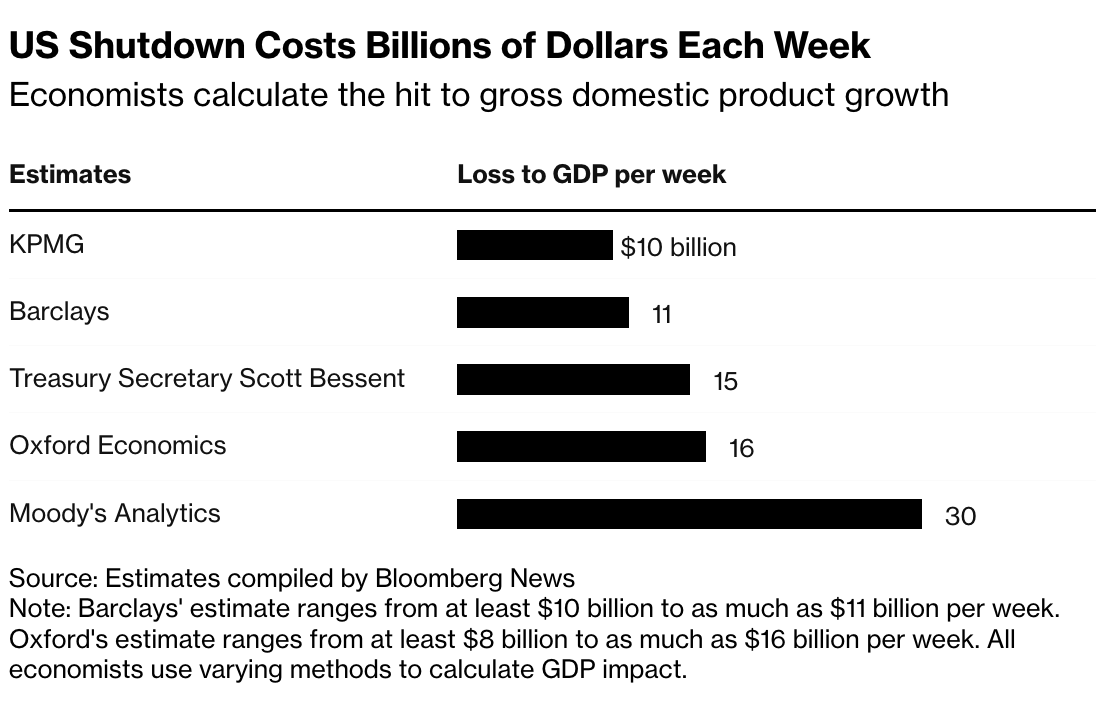The Affordability Report: Week of November 10th
We have a deal on the shutdown...
New Pro–CoL Developments:
NYC voters approve ballot measures meant to speed up new housing
What Happened: Voters in New York City approved a set of ballot measures (Proposals 2, 3, 4 & 5) on November 4, 2025 that overhaul how the city permits housing development, especially affordable units.
Why it matters: The reforms fast-track housing approvals and could unlock thousands of new affordable units in a city where vacancy is near zero and rents remain sky-high. They especially target neighborhoods that have built the least housing, helping spread new supply more equitably. Voter approval signals real political momentum for tackling affordability — proof that housing costs are now a defining issue. Critics (mainly the City Council themselves) were upset it would harm community input for new development, but if it works, the reforms could finally start easing rent pressure across the city.
New Anti–CoL Developments:
Federal Shutdown Becomes Longest Ever, Threatening Aid and Services.
What happened: After a record-breaking 40-day U.S. government shutdown, a group of 8 Senate Democrats agreed to back a deal to reopen the government. Under the tentative agreement, Congress would pass full-year funding for the Departments of Agriculture, Veterans Affairs, and Congress itself, while other agencies would receive funding through January 30. The bill includes back pay for furloughed federal workers, restores withheld payments to states and localities, and recalls laid-off agency employees.
However, the deal falls short of Democratic leadership’s key demands — notably, the extension of expiring Affordable Care Act (ACA) premium subsidies and reversal of earlier Medicaid cuts. Democrats accepted only a promise of a future Senate vote on ACA subsidies later this year, leaving millions of Americans uncertain about 2026 premium costs.
The House still needs to pass the bill, and Speaker Mike Johnson has indicated members will get two days’ notice to return for a vote. Passage is not guaranteed: many Democrats want the ACA subsidy extension included, while conservatives are pushing for full-year funding across all agencies instead of another short-term measure.
Why it matters: Even as an end appears in sight, the shutdown’s damage has already been immense, costing an estimated average of $15 billion per week and could have shaved 1.5 percentage points off U.S. GDP growth by mid November according to the CBO. Over 40 million Americans faced disrupted SNAP food aid, many receiving only half their benefits in November. Air travel ground to a halt as FAA staffing shortages forced mass flight cancellations, and critical programs like Head Start had their funds suspended.

The longer-term worry is that, without ACA subsidies restored, millions could see health premiums spike in 2026, compounding cost-of-living pressures. The crisis also underscores how political gridlock can directly raise everyday expenses — from groceries and rent to child care and medical costs — for those least able to absorb them. Even with a resolution approaching, some economic scars could be lasting, especially for small businesses and low-income households who lost access to aid, or loans during the shutdown.
Win of the Week!

The win of the week goes to… the voters demanding affordability, and the candidates finally listening!
Democrats won key races in New York, New Jersey, and Virginia by centering their campaigns on affordability and the high cost of living, rather than cultural or ideological battles. Candidates Zohran Mamdani, Mikie Sherrill, and Abigail Spanberger — spanning from Democratic socialists to moderates — united around promises to lower costs for housing, utilities, and childcare, showing that economic concerns can bridge the party’s ideological divides and appeal to working- and middle-class voters ahead of the 2026 midterms.
That’s all for now! See you in two weeks!


